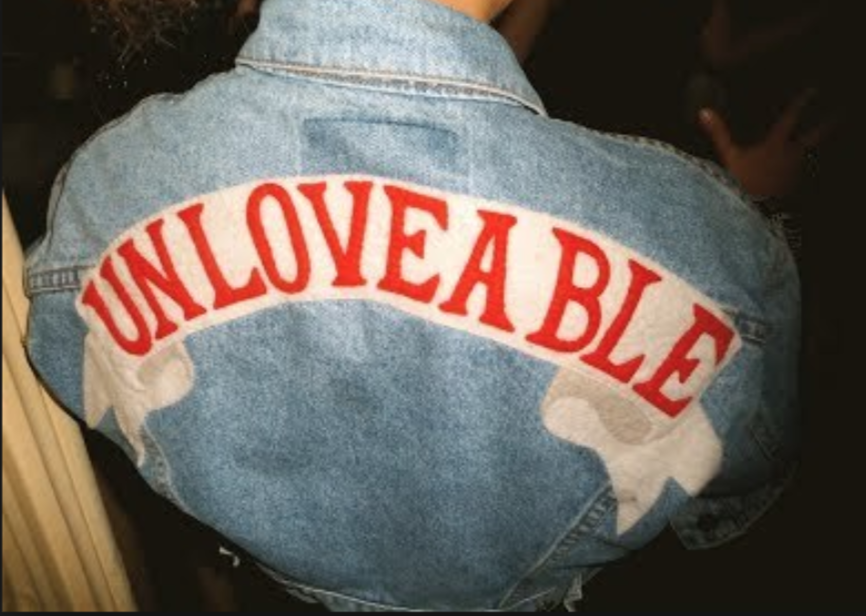Regardless of whether or not one manages to find themselves “attached” at the time of the Feast of Saint Valentine (or whether one finds The Smiths terminally tainted due to Morrissey’s politics), there is forever that inner sixteen-year-old that knows full-well the only appropriate song to celebrate Valentine’s Day with is “Unloveable.”
Reminding both his would-be lover and himself, “I know I’m unloveable/You don’t have to tell me/Message received loud and clear, loud and clear,” Morrissey, representative for the downtrodden and rejected (just remember to forever think of him in his 1980s incarnation) seems resigned to the life of solitude he’s been made to feel he deserves. For who could possibly love someone so moody and irascible?
In point of fact, Morrissey’s unabashedly laid out insecurities help give perpetual license to our own, most especially when navigating the loneliness of Valentine’s Day in a state called Single. But, as mentioned before, even in coupledom can the creeping suspicion of being totally unlovable sink in–maybe even more so than when da solo.
Almost parodying his near parody of being so down-trodden, Morrissey, with a tinge of humiliation in his voice, admits, “I wear black on the outside because black is how I feel on the inside.” Surely, that’s never going to attract a man, now is it? And yet, as time wears on, engaging in the art of being unloveable becomes almost sport-like, a test to see how offputting one can be in order to stave off any pussies that can’t handle you at your worst.
As time has worn on, Morrissey has remained that rare breed of person: committed to his anthem, for he never has taken a shine to anyone other than Jake Walters in the mid-90s. Apart from that, it’s been all far away admiration and asexual appreciation of women (see: Linder Sterling). Yes, to be sure, there is no one more determined to prove his point: “And if I seem a little strange, well that’s because I am”–hence being eternally unloveable, unable to find anyone who can understand that brand of strangeness without being ultimately repulsed by it.
And yet, in true stalker-esque form–too shy to actually find the courage to approach his potential object of affection–Morrissey eerily and beseechingly insists, “But I know that you would like me if only you could see me, if only you could meet me.” Alas, Morrissey, like the mutants at table nine in The Wedding Singer and some of the rest of us, will forever be that anti-Cupid so desperately needed as a reminder of what Valentine’s Day should truly be about for all masochists: feeling like inadequate shit.



















